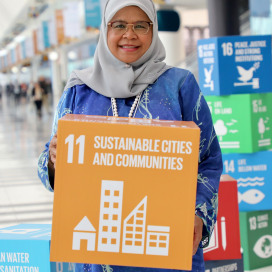
UN-Habitat | Executive Director
The climate emergency, the massive disruption of the COVID-19 pandemic, the global housing crisis, growing inequality, the breakdown of the social contract and the increasing urban nature of conflict, are having devastating impacts on cities, leaving some people and places behind.
This dialogue will reflect on these growing urban crises and the role of mayors and city leaders as both first responders and visionaries who can accelerate not just recovery but transformation towards a better urban future.
Crises are affecting the physical fabric of our cities but, more importantly, displacing people at an increasing scale. The war in Ukraine alone has forced more than 11 million people from their homes in just a few months. By May 2022, Poland was hosting 3.3 million Ukrainian refugees. This requires new thinking on how this will affect the urban landscape, how host communities and the displaced can sustain their lives, and how ultimately people can return home or build new lives elsewhere. This dialogue will zoom in on the essential elements of a holistic response to urban crises.
This Dialogue will address the following questions:

UN-Habitat | Executive Director

The Shift | Director

Independent | Expert
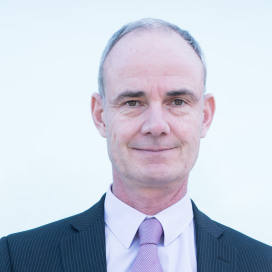
International Committee of the Red Cross | Vice-President
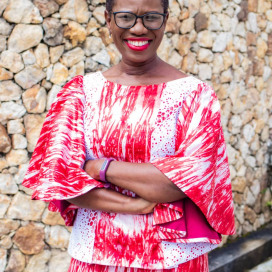
Freetown City Council | Mayor of Freetown
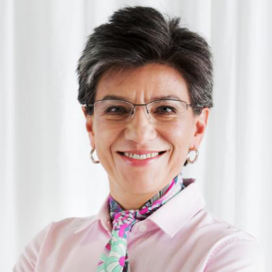
City of Bogota | Mayor

London School of Economics | Professor Emeritus
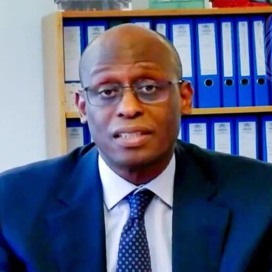
UNHCR | Assistant High Commissioner for Operations
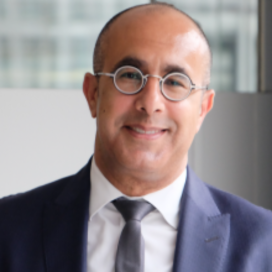
World Bank | Global Director, Urban, Disaster Risk Management, Resilience and Land Global Practice

Independent | Artist, Former Child Soldier
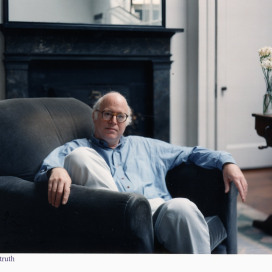
Massachusetts Institute of Technology (MIT) | Visiting Professor
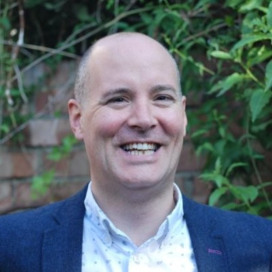
Global Convenant of Mayors for Climate and Energy | Acting Managing Director
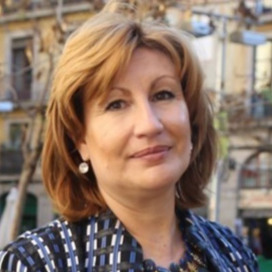
United Cities and Local Governments | Secretary-General

UN-Habitat | Programme Management Officer, Expert in Child and Youth Development